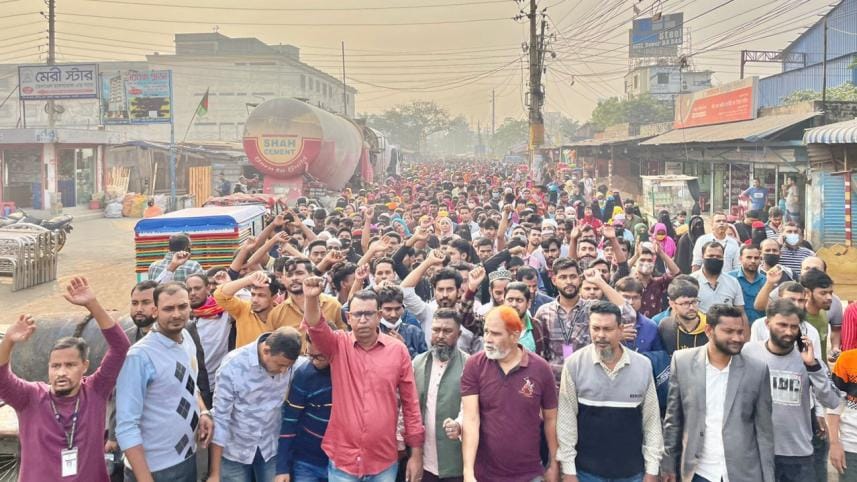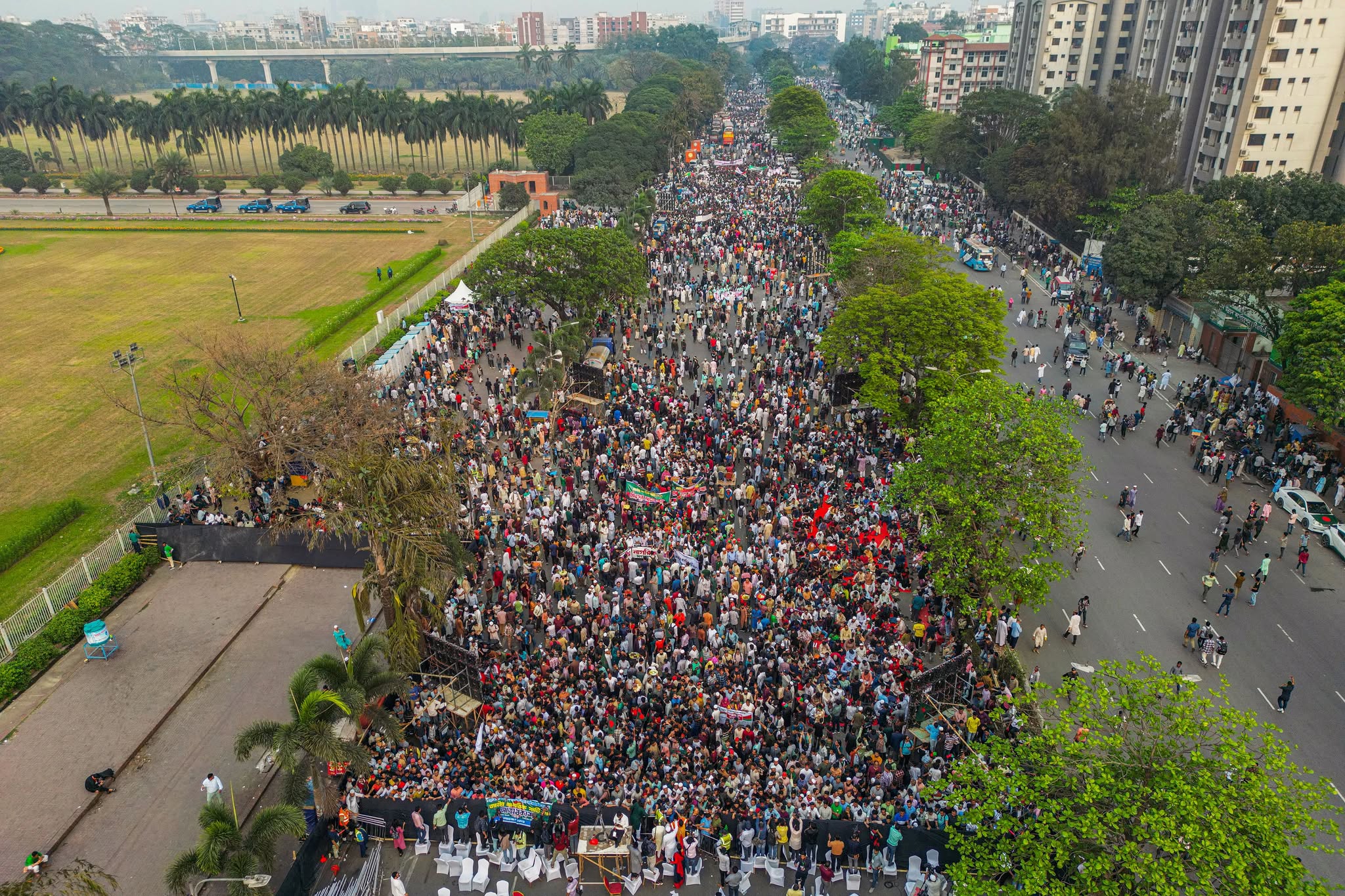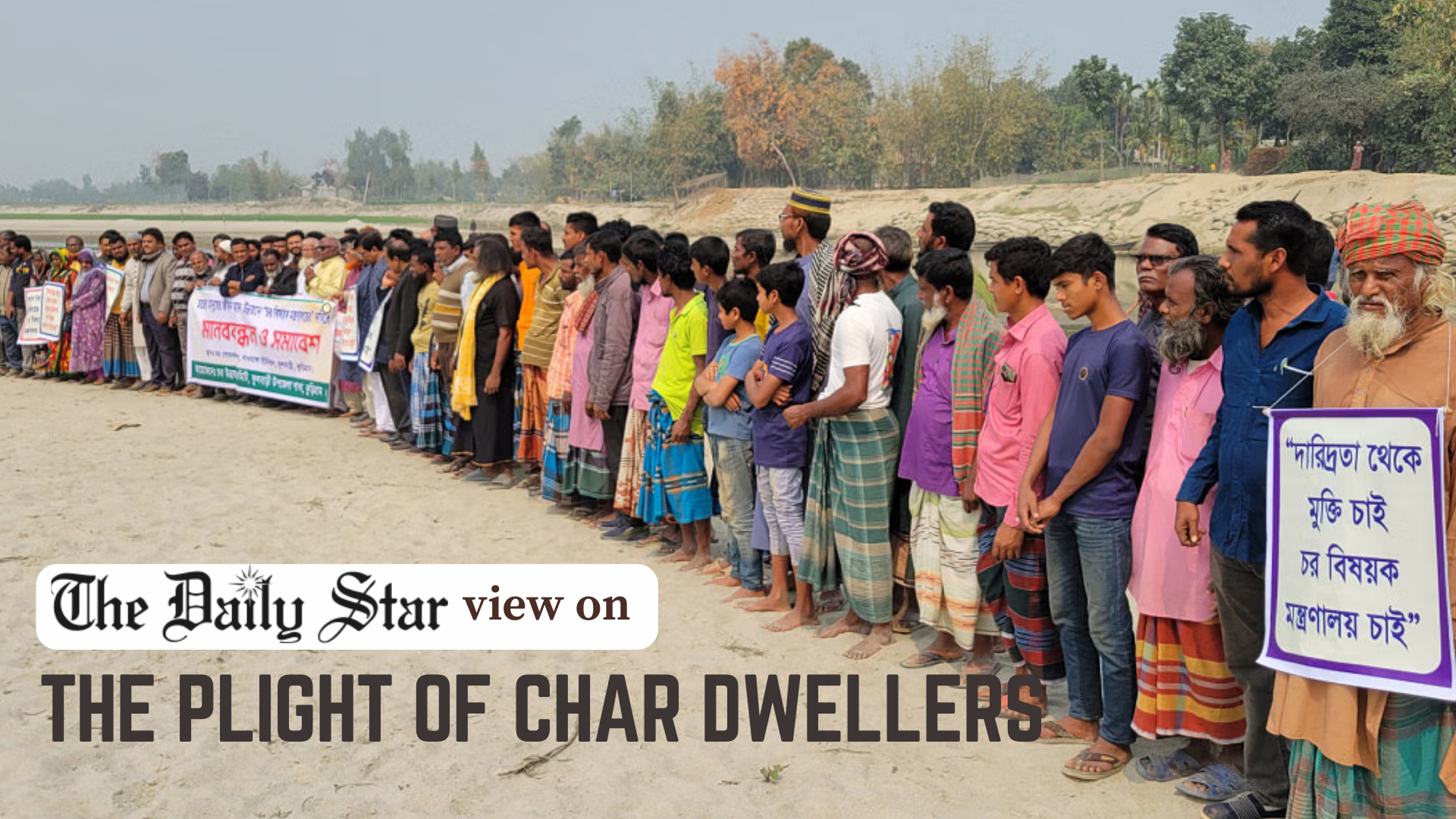Blacklisting labour activists: A legal violation

Blacklisting union leaders and labour activists is one of the most common yet legally confusing parts of labour law that violates fundamental labour rights. This practice continues despite national labour laws and international labour treaties that protect workers' rights.
According to the ITUC Global Rights Index 2023, about 90 percent of countries violated workers' right to strike, with 79 percent obstructing collective bargaining. The Global Rights Index 2024 reports that 49 percent of countries randomly arrested or jailed union members, an increase from 46 percent in 2023. Additionally, over 40 percent of these countries limited or refused people the right to speak freely or to gather. Blacklisting is accomplished through hidden tactics, such as industry-wide databases managed by employer groups, retaliatory terminations disguised as disciplinary actions, and hiring prohibitions that hinder discharged union members from finding jobs in a wide range of industries.
According to a report by McKinsey & Company, published on March 25, 2021, the RMG sector in Bangladesh employs over 4 million people and accounts for approximately 84 percent of the country's total exports. However, after all the input, workers who opposed the proposed minimum wage increase in 2018, considering it too low, went silent in the following years. In mid-January 2019, water cannons, tear gas, rubber bullets, and batons were used by law enforcement officials to disperse workers at pre-pay board rallies. During protests, one worker was killed, dozens were injured and thousands were dismissed. Factory owners charged hundreds of workers with vandalism and property damage. A report published by Clean Clothes Campaign on February 21, 2024, claimed factory owners oppressed discharged workers by broadcasting their names and photos on billboards at facility gates and utilising biometric data systems to track and swap profiles. It was claimed by the Business & Human Rights Resource Centre that around 11,000 garment workers were fired, with countless identities circulated among employers to prevent re-employment. At that time, the Bangladeshi law minister labelled the protests as "labour unrest to disrupt democratic process" and "acts of sabotage" before the 44th Universal Periodic Review Working Group Session at the UN Human Rights Council on November 13, 2023.
This demonstrates a systemic failure to implement labour standards, notwithstanding the Bangladesh Labour Act 2006, which expressly forbids discrimination between union and non-union employees under Section 195 and criminalises unfair labour practices under Section 196. Section 291 further establishes consequences for firms that engage in anti-union action. However, poor enforcement mechanisms and insufficient oversight render these safeguards ineffective.
International labour standards, specifically ILO Convention No 87 on Freedom of Association and Protection of the Right to Organise and ILO Convention No 98 on the Right to Organise and Collective Bargaining, require that anti-union discrimination protections cover all aspects of employment, including recruitment, termination, and workplace conditions. Despite having ratified both conventions, Bangladesh has made little attempt to implement them. The Department of Labour lacks the necessary resources to investigate blacklisting allegations effectively, and employers commonly face legal consequences due to insufficient sanctions and lengthy judicial procedures. Labour courts can take years to resolve disagreements, discouraging employees from filing grievances.
A review of many jurisdictions reveals outstanding techniques that might be used in Bangladesh. The UK has adopted specific legislation, the Employment Relations Act 1999 (Blacklists) Regulations 2010, which outlaws the development and use of blacklists based on union activity. Workers are entitled to compensation under the Act, which imposes criminal penalties. In the United States, Section 8(a)(3) of the National Labour Relations Act, which the National Labour Relations Board enforces, forbids discrimination against employees who participate in union activities. French labour laws strongly protect employees against retaliatory dismissal, with employers bearing the burden of evidence in cases involving anti-union discrimination. These methods have effectively reduced blacklisting and highlighted the need for explicit, enforceable legislation that carries severe penalties for violators.
Blacklisting imposes significant human costs, including unemployment, financial uncertainty, social marginalisation, and psychological distress. The threat of blacklisting discourages workers from participating in collective bargaining or challenging unsafe working conditions, hence sustaining exploitative labour practices. In Bangladesh, significant decrease in union registration applications following the 2018-2019 protests indicate a prevalent sense of dread. Union sympathisers are routinely subjected to pressure, harassment, and physical violence, which exacerbates legal violations.
Several critical legal amendments could help to resolve blacklisting and prevent violations of workers' rights. The amended Bangladesh Labour Act should include unambiguous provisions against blacklisting and increased penalties for breaches to avoid future violations. Enhancements could be done by strengthened enforcement measures, such as increasing the Labour Court's ability to expedite cases of union discrimination and establishing an independent labour ombudsman to investigate blacklisting charges. Regulating employer-maintained databases to avoid their misuse in recruitment decisions and publicising cases of unfair labour practices would increase transparency. This includes the development of a Whistleblower Protection Act to protect employees from retaliation.
Blacklisting in the labour market is a complex issue that requires a multifaceted approach that includes legal enforcement, institutional control, and creative solutions. Improving national labour legislation and implementing international conventions are critical steps; nonetheless, a paradigm shift is required—from reactive legal measures to proactive solutions. To prevent blacklists from distorting employment prospects, countries such as Bangladesh must not only improve their labour laws but also establish independent monitoring entities, implement transparent hiring practices, and construct digital worker records.
The international community can take a proactive approach through trade agreements and corporate accountability systems, creating incentives for good worker practices. Technological alternatives, such as blockchain-based employment records that prevent manipulation might disrupt blacklisting practices and empower workers. Without significant reforms, blacklisting will continue to undermine workers' rights, economic justice, and industry stability. Progress is defined by creating conditions that allow workers to seek their rights without fear, and the legal protections of labour movements are genuinely supported by societal approbation.
Md Fahmedul Islam Dewan is lecturer at the Department of Law, World University of Bangladesh, and an alumni of the DLA Piper Global Scholarship Programme.
Views expressed in this article are the author's own.
Follow The Daily Star Opinion on Facebook for the latest opinions, commentaries and analyses by experts and professionals. To contribute your article or letter to The Daily Star Opinion, see our guidelines for submission.




 For all latest news, follow The Daily Star's Google News channel.
For all latest news, follow The Daily Star's Google News channel. 

Comments